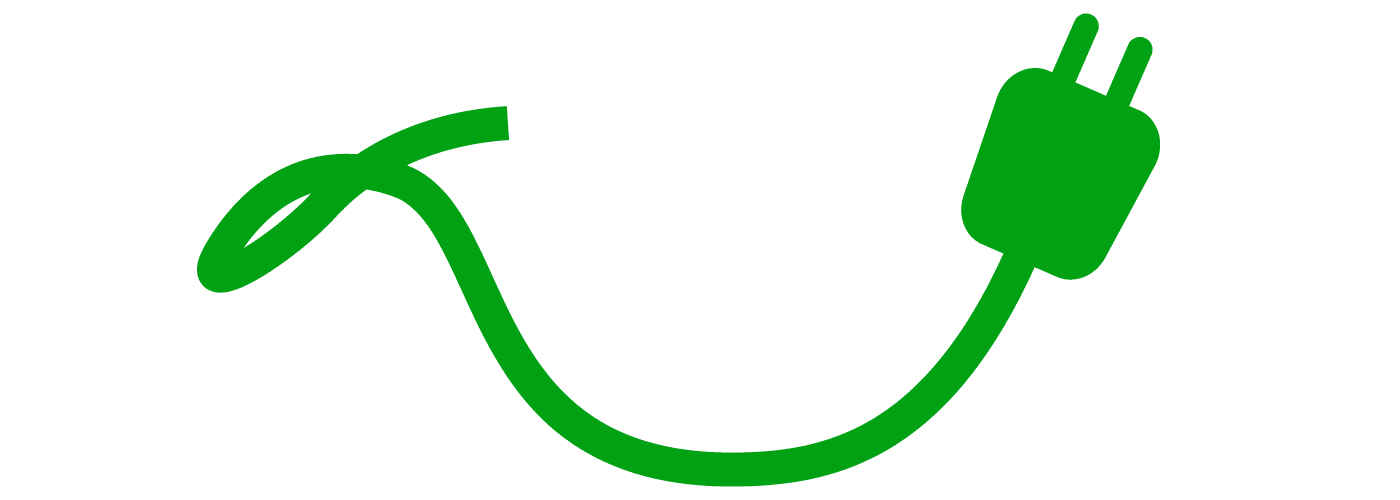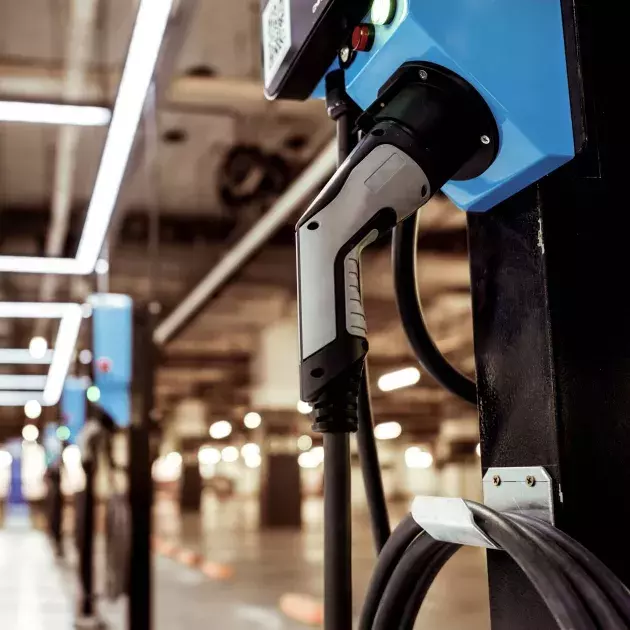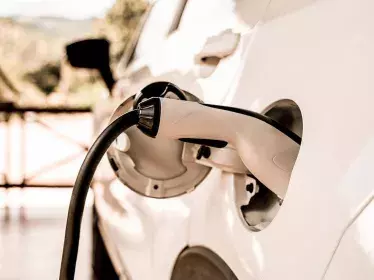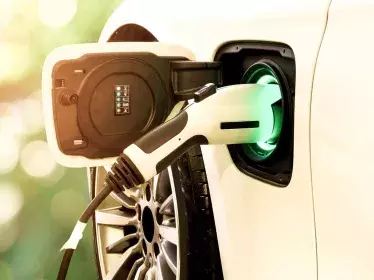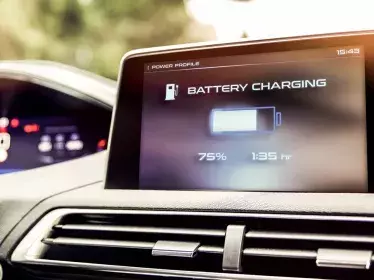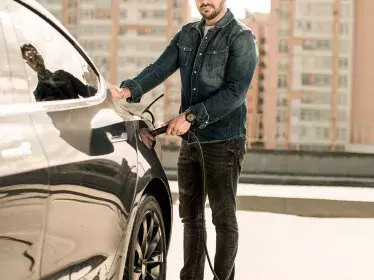In order to receive a bonus from the government, the charging stations must be "smart". Essential for charging an electric car at home, they are able to modulate the charge according to many parameters. For the good of the battery, the network and the planet.
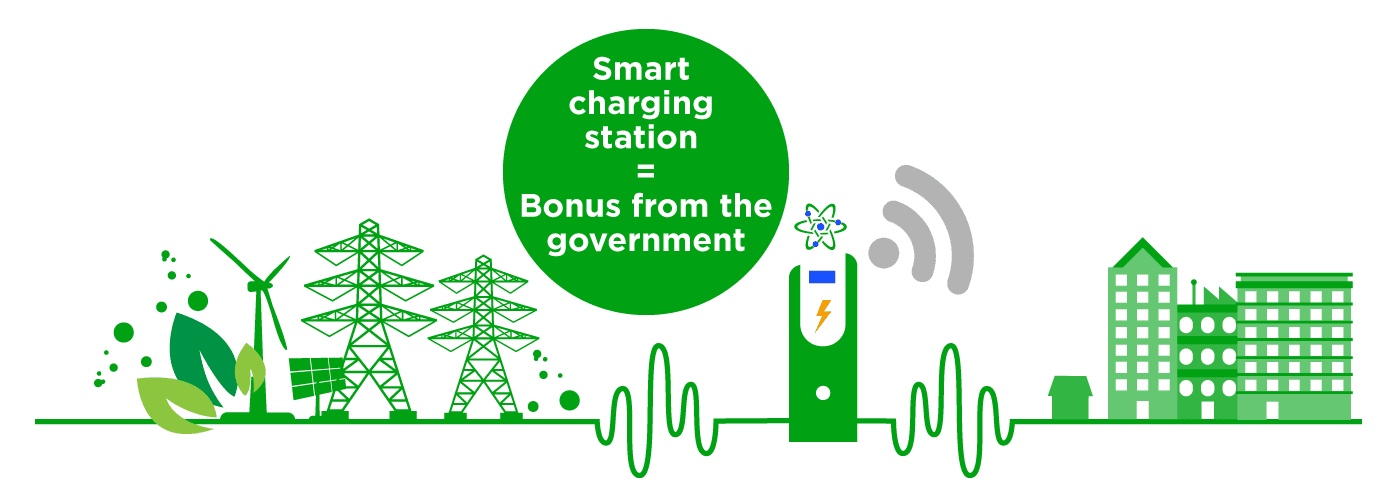
Smart charging points are connected to the internet and the power grid. They transmit and collect information to adapt the charging power to the energy needs of the car battery, as well as the building or home. The platform managing the charging point can also interact with other charging points (in the same car park, for example) to regulate charging power and balance electricity demands.
The system also modulates charging based on the status of the power grid in the street. It favours certain types of energy, including solar energy. By combining the charging point with a buffer battery, you can maximise the use of solar energy, which will allow you to power one or more electric cars.
Smart charging points can be programmed for different profiles. It is therefore possible to ask them to charge the car only at reduced rates (at night or depending on the electricity supply) or at certain times or battery levels. They can also reduce or stop charging when there is a high demand for electricity on the grid or at home or in the office. This is called peak clipping. This prevents the capacity of the network from being exceeded. It is of course possible to request charging if it is urgent (imminent or unusual departure).
What about business use?
With a company car, private and business use can be separated. The charging point can be linked to a badge that invoices the employer for usage, according to the hours and rules defined by the car policy. This badge can also be used with public charging points. In addition, a charging point capable of reading a badge can also be transformed into a semi-public charging point (particularly in a company car park).
There is also the 'Smart Cable', available without a home charging point, especially for plug-in hybrids and top-ups. This is a cable combined with a box with a mobile connection that transmits information directly to a portal, especially for consumption data. This allows employers to establish the costs to be reimbursed.
